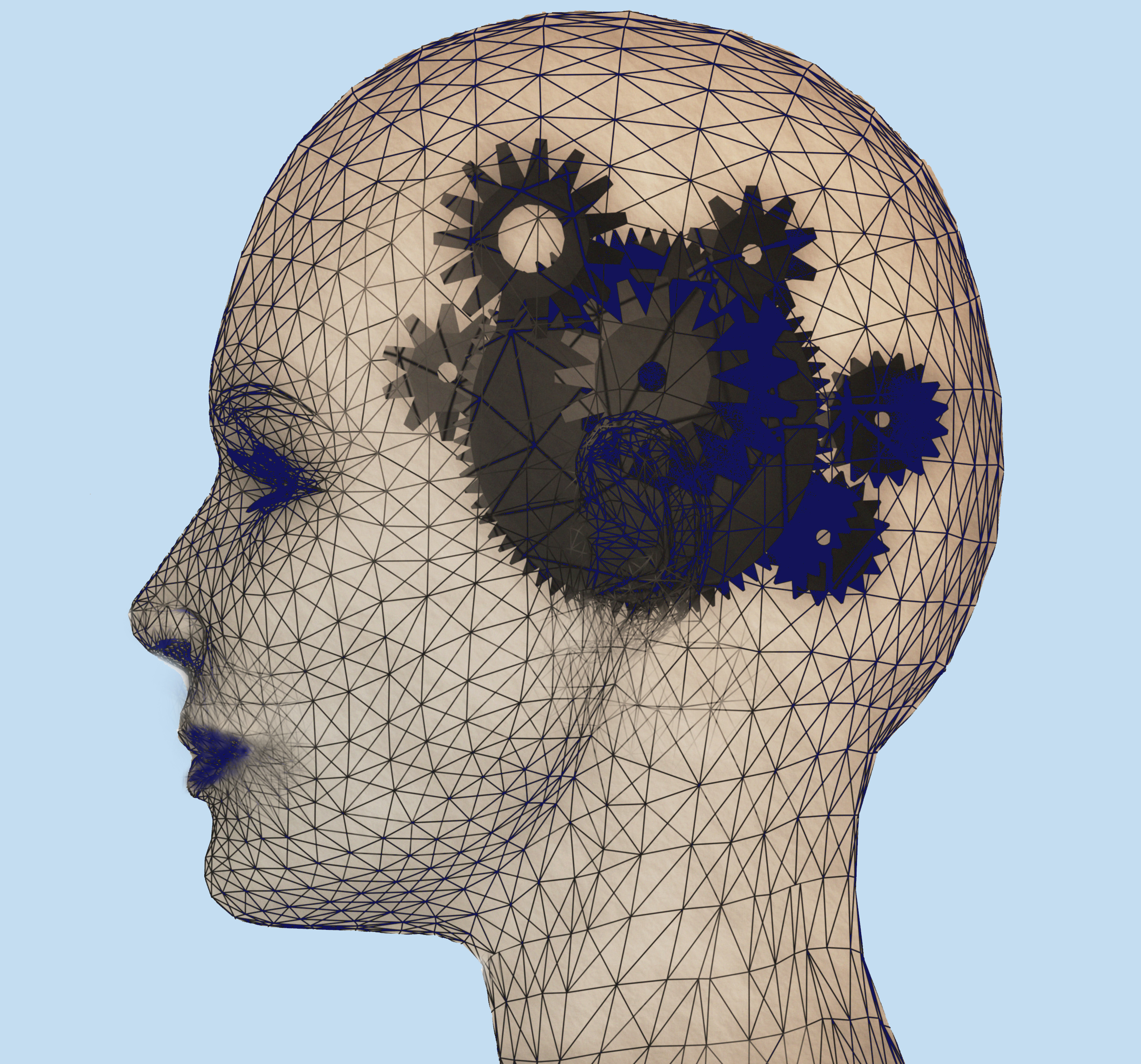What is Mental Health?

Mental health is important to every person's overall health and well-being. While physical health relates to our whole body's condition, mental health is about how our mind deals with feelings, such as stress, happiness, or sadness, and the actions and choices we make.
Just like our overall health, we can be born with or develop diseases and conditions that influence our mental health. Mental illnesses and disorders are conditions that specifically affect a person’s thinking, feelings, mood, or behavior. People can be born with a disorder such as Autism, develop a life-long disease, such as bipolar disorder, as an adult, or experience short or long periods of depression.
What is Mental Illness?
Mental illnesses are specific conditions that negatively affect how a person feels, thinks, or behaves. Examples of mental illness include anxiety, depression, bipolar disorder, and schizophrenia. Even mentally healthy people can experience conditons such as anxiety and depression; people with mental illnesses such as schizophrenia and bipolar disorder can also have periods of relative order. Conditions may be occasional or long-lasting (chronic) and affect people's daily fuctions and relation to others.
Mental illness can be caused by biology, including the genes you were born with and how your brain develops over time, by experiences, such as early or ongoing trauma, or damage from traumatic brain injury or substance use.
Types of Mental Health Disorders
There are more than 200 classified types of mental illness. Major types include:
Anxiety Disorders
including specific phobias, panic disorder, and generalized anxiety disorder.
Behavioral Disorders
including disruptive, impulse-control, and conduct disorders.
Eating disorders
including anorexia nervosa, bulimia nervosa, and binge eating disorder.
Mood Disorders
including bipolar disorders, depressive disorders, and dysthymia.
Obsessive-Compulsive Disorder
including body dysmorphic disorders, hoarding disorders, and trichotillomania.
Personality Disorders
including antisocial, borderline, and narcissistic.
Psychotic Disorders
including schizophrenia, delusional disorder, and substance/medication-induced psychotic disorder.
Trauma and Stress Related Disorders
including posttraumatic stress disorder, acute stress disorder, and adjustment disorder.
More information about these disorders can be found on the MentalHealth.gov website.
Mental health problems and substance abuse disorders sometimes occur together.
General Mental Health Information
- Mental Health – Office on Women's Health (OWH)
- Mental Health Information – National Institute on Mental Health (NIMH)
- Child and Adolescent Mental Health – NIMH
- Men and Mental Health – NIMH
- Women and Mental Health – NIMH
- Older Adults and Mental Health – NIMH


